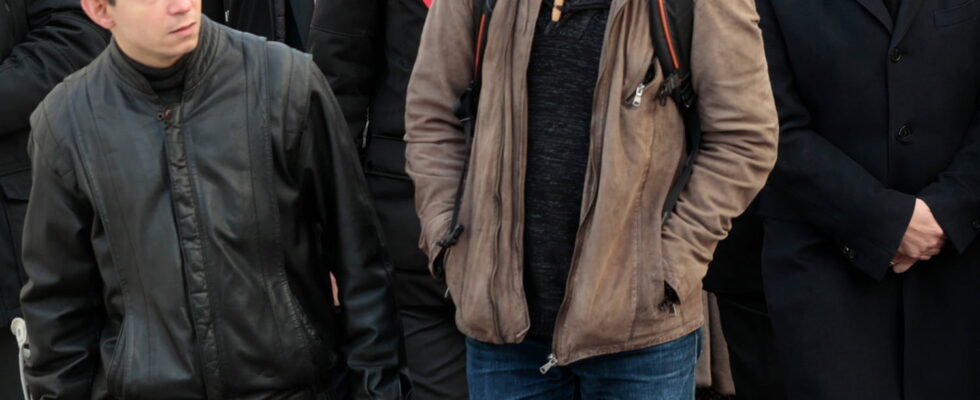Simon Fieschi, first victim of the attack on Charlie Hebdo in January 2015, has died. He had suffered serious after-effects since the attack.
The former webmaster of Charlie Hebdo and victim of the attack against the satirical newspaper, Simon Fieschi, died Thursday October 17, said the Paris prosecutor’s office and his lawyer. Seriously injured by gunshot during the attack, which occurred on January 7, 2015 and left 12 dead, Simon Fieschi suffered serious after-effects. The circumstances of his death are not yet known, reports The World. He was 40 years old.
“An investigation into the causes of death was opened following the discovery of the body of Simon Fieschi on October 17,” said the prosecution, which clarified that “no hypothesis” could be favored at this stage. . According to the public prosecutor, “an autopsy was ordered, the findings of which did not make it possible to determine the cause of death.” And added: “The investigations are continuing.” The lifeless body of Simon Fieschi was found in a hotel room in Paris, said a source close to the case.
“I discovered the sensation of a broken bone, of wounded flesh, of a nerve that screams”
Almost ten years ago, the former webmaster was the first victim of the brothers Chérif and Saïd Kouachi when they entered the editorial offices. Simon Fieschi was hit by a Kalashnikov bullet, fired at point blank range. The bullet had punctured his lung, struck his spinal cord and exited near his shoulder blade. It had taken him years to learn to walk again – which he managed to do with the help of a crutch. Last September, he attended the trial of jihadist Peter Cherif, sentenced to life imprisonment by the Paris Special Assize Court.
In a story published in October 2020 in Charlie Hebdohe recounted his long journey – a chilling story, remembers Release. In “Waking up in a sarcophagus in January 2015“, Simon Fieschi recounted his pain, the long weeks in the hospital. “I discovered the sensation of a broken bone, of injured flesh, of a nerve that screams. The pain of being poorly installed, which starts as a slight discomfort and becomes unbearable after a few hours,” he wrote.
“I felt the euphoria of being alive the strongest”
He also explained his dark, sometimes suicidal thoughts. “I thought a lot in this bed and I understood that dying was my only solution. But how? Impossible to commit suicide, paralyzed on an intensive care bed and under constant medical supervision. Being forced to live seemed to me an intolerable negation of my freedom. I concluded that to regain this freedom, I had to bide my time, observe and get better to finally have the opportunity to kill myself.” However, he ended his story on a positive note, which gave hope for the rest of his life. “I have a strange nostalgia for 2015 because that’s when I was most alive, where I felt the euphoria of being alive the strongest.”
Did the survivor of the attack end his life? According to Simon Fieschi’s lawyer, “there is no element in favor of a voluntary action at this stage of the investigations and the causes of death are still currently unknown”. Me Nathalie Senyk therefore calls on “everyone to be particularly vigilant before the final outcome of the investigation”. Last May, another attack victim died. Fred Dewilde, survivor of the attack of November 13, 2015 at the Bataclan and designer, killed himself.
